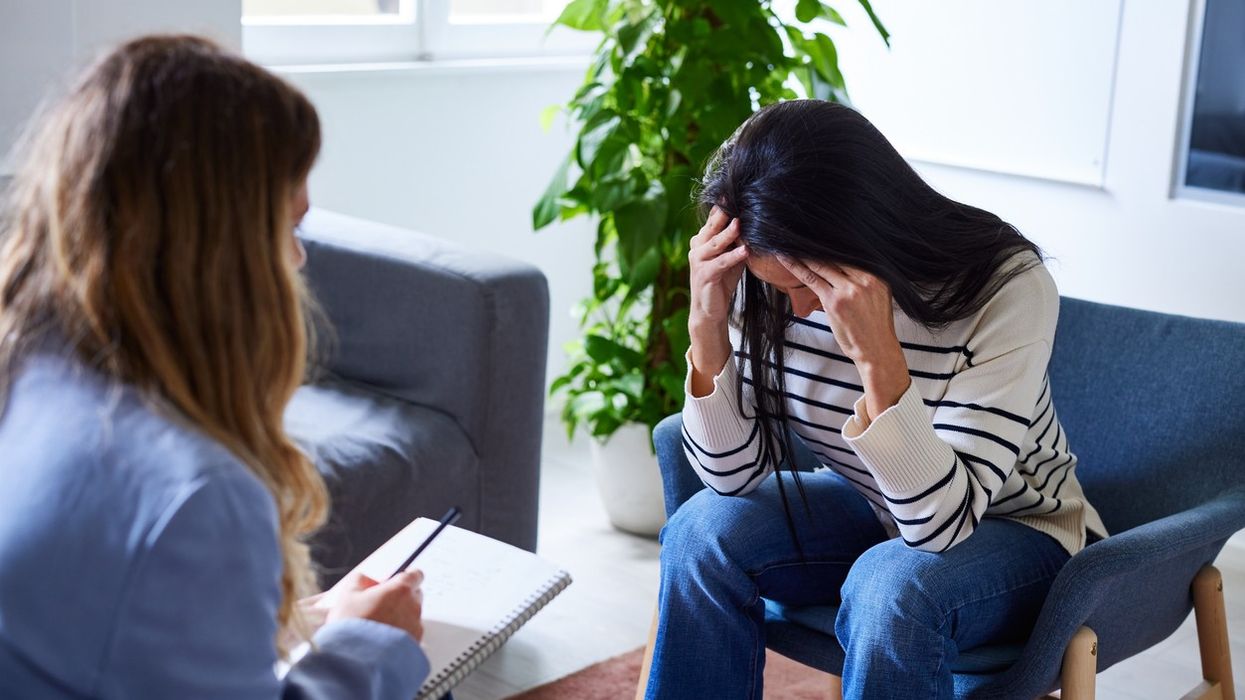LIFE has many unexpected ups, downs, twists, and turns. It can bring joy, sadness, adventure and loneliness. Even if you have the most wonderful support system, life can often be a struggle and we just need a little help.
That is where therapy, which I really believe in, helps. It’s a scary word, isn’t it? Therapy.
It is often unfairly associated with mentally unstable people who are overly emotional or in a rage and regularly compared to what is seen on TV shows or in films. People lying on a therapist's couch, blurting out every little detail of their life, and sobbing. It’s not that at all. If the therapist is good, it can be a simple conversation with life-changing powers.
I speak as someone who has recently been having therapy. I’ve been struggling personally with a few things, and just needed help. So, I found this amazing therapist, and together we have been delving into many aspects, including attachment styles in relationships.
But what is an attachment style or theory? In definition, ‘attachment styles describe how individuals interact with and attach to the people closest to them, with that process beginning with childhood bonds with primary caregivers.’
These patterns continue into your adult life and can affect relationships. The four different attachment styles are ‘secure’, ‘avoidant’, ‘anxious’ and ‘disorganised’.
Secure attachment means that you are comfortable, trusting, communicative and have a great balance in relationships. Anxious attachment describes those that are overly dependent, feel anxious in relationships and often fear their partner is going to leave them.
Someone with avoidant attachment will trust only themselves and be an overly independent commitment-phobe. And those with disorganised attachment have a fear of relationships due to perhaps having had trauma as a child or adult, impacting their emotional stability.
One of the most important things I have learned from therapy is to address and acknowledge my attachment style, which is the ‘anxious’ one. Those familiar with my column from the start and who have followed my journey of meeting partners who have rejected or dumped me, will understand why it matters.
This continuously happening can take a toll on mental health and affect relationships with a future partner. A question I have started to ask men on dating sites is whether they know what their attachment style is. This is important to ask because the ultimate aim for an anxious person is to find someone with a secure attachment style, rather than be drawn to avoidants, which is what I have been mostly doing in the past.
So, next time you find yourself anxious about something, or struggling with a situation in life, consider therapy. There are so many resources you can use to find a therapist such as BACP, counselling directory, NHS doctors and psychology today. You will learn a lot about yourself. And always remember, it’s okay not to be okay.




